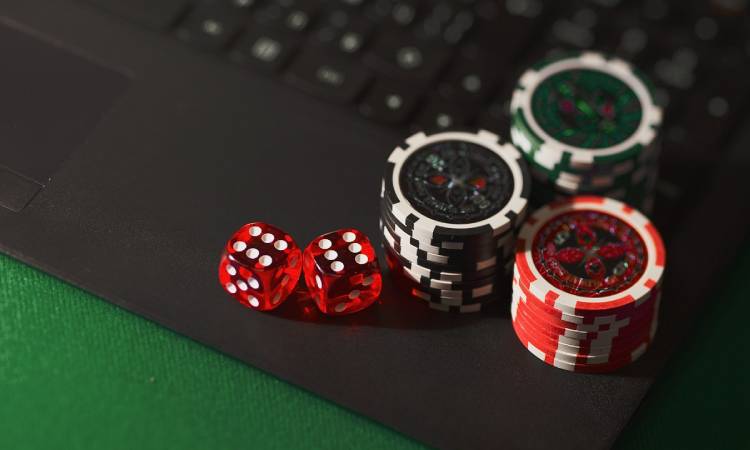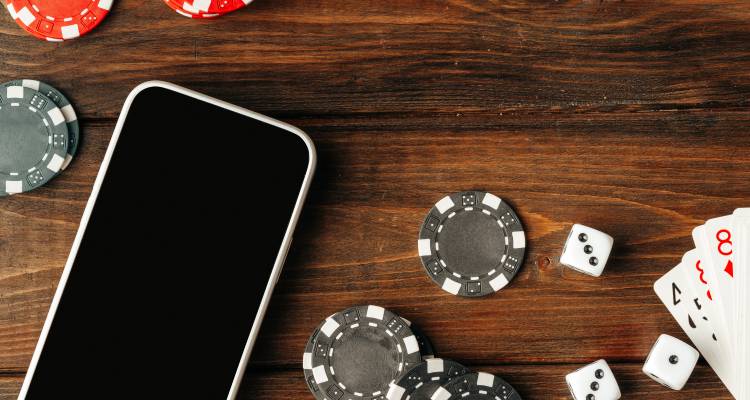A Rookie’s Guide to the First Poker Tournament

Poker has been capturing the imagination of gamblers for centuries now. As one of the most iconic card games around, there are many modern variations of it, although all of them boast the same strategic elements and engrossing gameplay.
Whether you’re playing at an online casino, an iGaming platform, or just at home with family and friends, poker is never more exciting than when there are real stakes at play. Professional poker tournaments keep growing more popular every year, with the likes of the World Series of Poker (WSOP) now paying out millions to winners.
However, for newbies, it can be an intimidating prospect. To help with this, here’s a brief guide on the most important aspects to keep in mind for your first poker tournament.
Understanding Tournament Structure
The first thing to understand about poker tournaments is that they are structured differently from regular poker games. The good thing for tournament novices is that online poker sites generally feature practice modes where players can learn the rules, gameplay, and strategies for a game before needing to commit any real money.
Some of the best poker sites for this purpose, or just for anyone who wants to play real money poker online, can be found on Pokerscout. As a comprehensive review platform, the recommended poker sites it analyzes have all been thoroughly vetted for things like security protocols, bonus features, and the variety of poker games available.
Playing at an online poker site can be a great way for rookies to learn the structure and other nuances of tournament play. Most online poker sites have their own tournaments that players can enter and play in too. However, it’s a good idea to first use practice modes to learn as much as you can about the structure, rules, strategies, and other pertinent aspects of tournament poker.
Some of the differences with tournament structure include the fact that chips don’t have a cash value like they do with cash games. In tournament poker, the goal is to accumulate as many chips as possible or to knock out other players by finishing their chips. As this process occurs, the tournament works on a knock-out basis, with the remaining players carrying over their chips to new tables.
Players continue this process until all remaining players fill a final table. As a result of this structure, poker tournaments can last many hours. It’s therefore integral to stay focused and play strategically so you always have a high chip count. Familiarizing yourself with these details before the tournament starts can provide a strategic advantage and help manage expectations.
Pre-Tournament Preparation
Before entering a poker tournament for the first time, it’s best to take as much time as possible to do some pre-tournament preparation. This includes honing your skills, ensuring you know and understand all tournament rules and regulations, and taking care of all plans relating to travel, money, expenses, and other logistical aspects.
For the games themselves, practice is key. Professional poker players practice and study the game as much as any professional athlete trains. Both physically and mentally, it’s a good idea to prepare for as many aspects as you can. Studying the greats like the legendary Doyle Brunson and famous tournaments can also help. It’s also a good idea to study your opponents and perfect other skills like the art of bluffing.
Use an Effective Strategy
Beginner strategies are key. At first, it’s good to ensure you get good at the basics of strategies before delving into any complex ones. Unless you get the right cards to play strong poker, a conservative approach is better to avoid any unnecessary risks until you have a lot more experience playing tournaments.
It’s good to be as observant as possible while trying to keep your own body language as neutral as possible. Observing your opponents’ behavior and betting patterns can provide insights into their strengths and playing styles.
If you make it into the latter stages, your strategy will have to adapt accordingly as the blinds increase and the stakes get higher. Remember, every chip is precious, and preserving your stack while opportunistically increasing it is the key to lasting deep into the tournament.
As much as poker entails strategic play and, of course, the luck of how the cards fall, it can also be a very psychological game. The art of bluffing and other strategic moves like this can help you out of sticky situations and turn bad hands into major wins.








